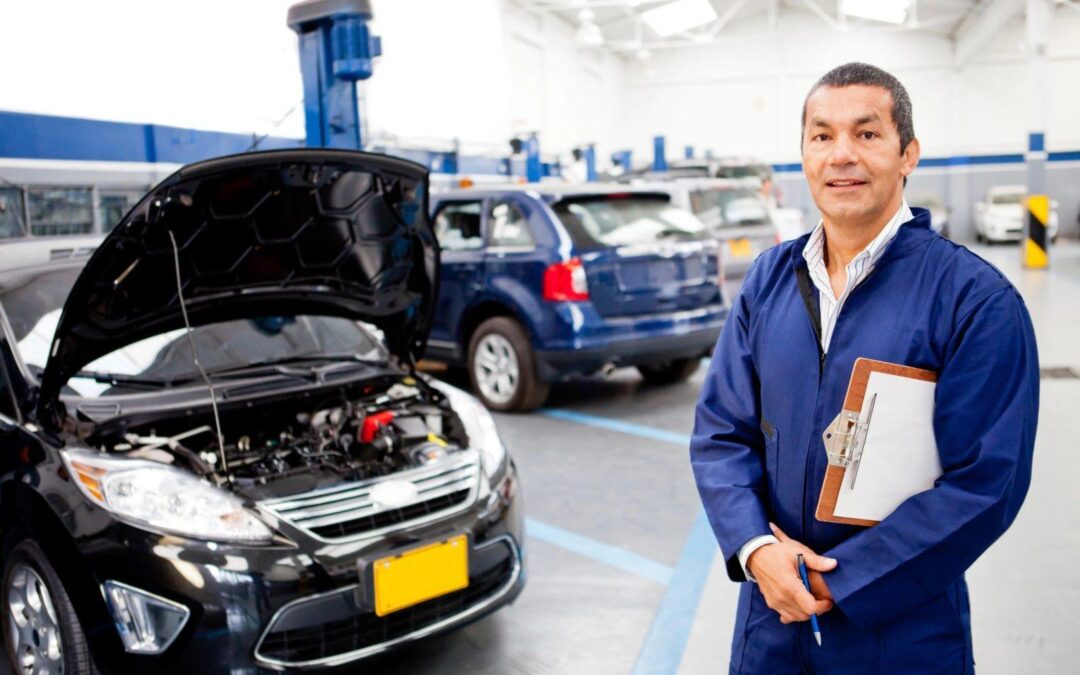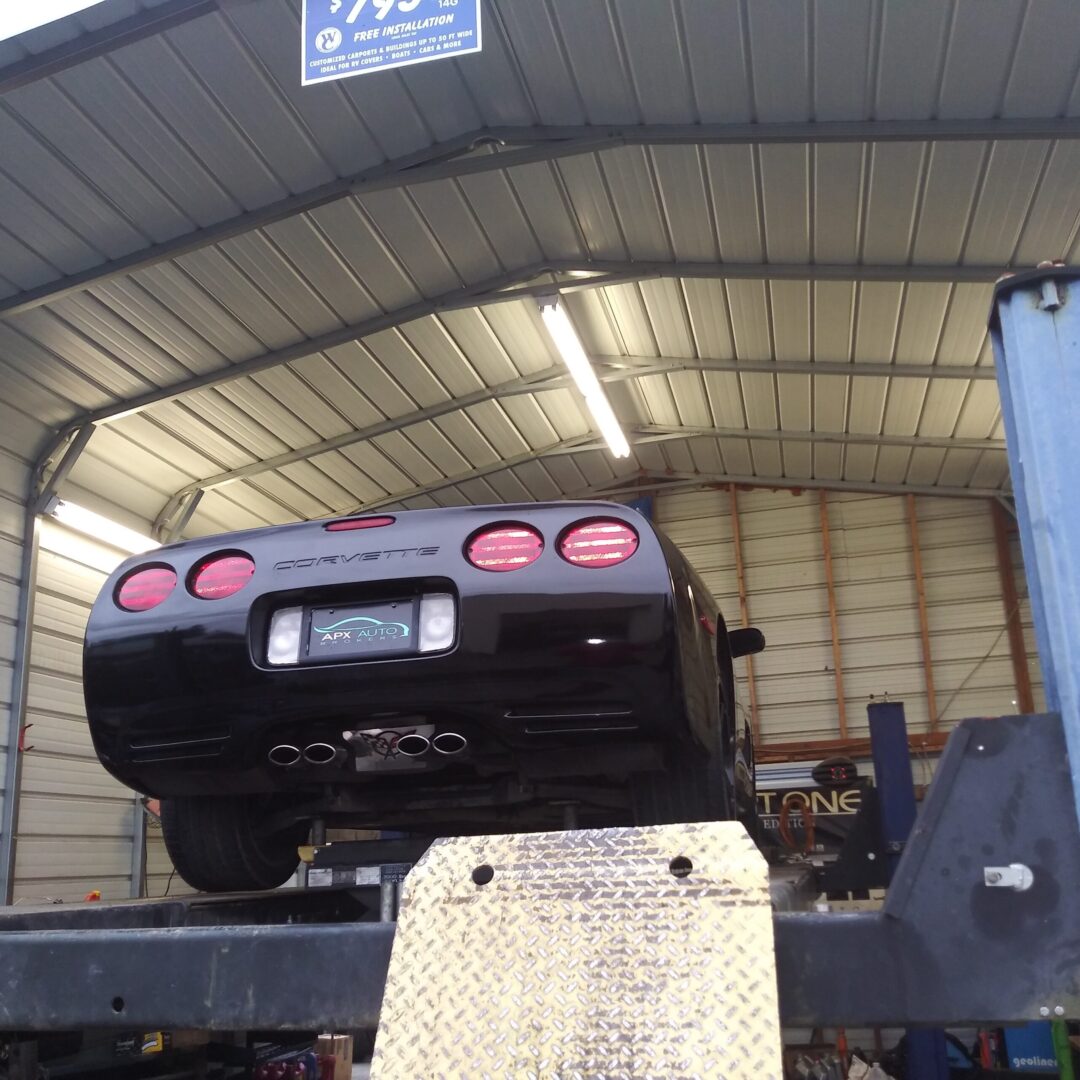Car inspections are considered preventative maintenance, and we recommend having them twice annually. But it’s also important to have an inspection prior to heading out on a road trip, after an accident (no matter how minor), and before purchasing a used car. Whether you are in the state or out of state, in either case vehicle inspection is the key for a long ride.
We’ll emphasize here that it’s especially important to have a used car inspected prior to purchase in order to identify any underlying issues it may have. This is a common practice as even a test drive can leave large issues unnoticed, and the last thing you want is to invest in a vehicle that becomes a money pit. Idealy, sellers who are being upfront about the condition of a car for sale will have no issue with you getting it inspected before committing to the sale.
If you’re buying the vehicle from a dealer, you can usually have them conduct the car inspection onsite. They should also be open to you taking the vehicle for an inspection by an independent mechanic. As a consumer, it’s your right to have a PPI, and usually a non-binding offer to purchase and a refundable deposit are considered acceptable pre-conditions to an inspection. If you are getting the inspection done offsite, or you’re dealing with a private seller, ideally you’ll take the vehicle to a mechanic you already have a relationship with. If you don’t have a go-to service centre, you can ask the dealership for recommendations.
What will they check for in a pre-purchase inspection?
Your mechanic will do a safety inspection to check for many things during the PPI. Ideally, you’ll have a Vehicle History Report that will alert them to the vehicle’s damage history so they are aware of the areas requiring extra-detailed inspections before they get started. Letting them know where to look will help them determine that any damage in the vehicle’s past has been carefully and thoroughly repaired.
Basic inspections are largely visual, but if you’re looking for a detailed inspection (which is highly recommended) it should include an engine and mechanical system check, putting the car up on a lift, and checking for broken/rusted components, leaks, and more. It’s also helpful for the mechanic to take the vehicle for a test drive so they can assess its steering, braking and listen for any strange sounds.
How much does a safety inspection cost, and who usually pays?
While this could be something you negotiate with the seller, typically the buyer will cover the cost of the inspection, which usually ranges from $200-$400. This price can be higher or lower depending on the level of detail with which the inspection is conducted.

I’ve had the vehicle inspection. Now what?
Depending on what you learn from the vehicle inspection and the vehicle history report, it’s now time to decide whether to buy the car. If you feel like it’s the right vehicle for you, go back to the seller to negotiate the price. If you’re buying from a dealer they’ll take care of the rest for you, and if you’re buying privately you’ll have to check into the rules and regulations around finalizing a private used car sale in your province.
A pre-purchase safety inspection is a final step in determining if the car you’re considering is the right one for you. By arming yourself with information from a PPI, you can be confident about the vehicle’s history, its current state and potentially gain some leverage for your price negotiations.




Recent Comments